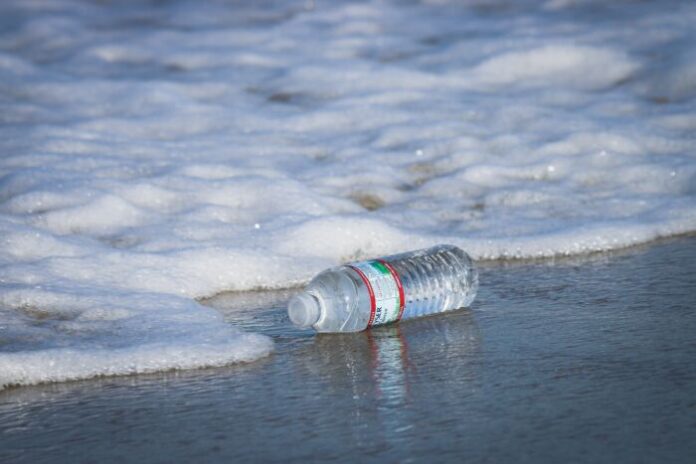
A united Mediterranean is needed to reduce marine litter. Not only in the practices of correct waste management and disposal, but also and above all in the policies to be adopted, networking and also replicating the good networking practices already in place.
This is the message that Legambiente is launching today at the online conference “Networking for tackling marine litter in the Mediterranean Sea” organized together with the Scientific Technical Committee Ecomondo, Corepla, Union for Mediterranean, Ispra, Common and Clean Sea Life within the 24th edition of Ecomondo, this year in a totally digital formula.
A moment of reflection to shed light on the problem of waste at sea throughout the Mediterranean basin and to discuss the proposals and policies to be implemented, both at European and international level.
“80% of the waste beached and monitored on Italian beaches is plastic, and, unfortunately, the one present on our coasts is only the tip of the iceberg of a much wider phenomenon, that of the marine litter, which is endangering also the Mediterranean Sea, its biodiversity, but also the local economy. To counteract the marine litter – declares Giorgio Zampetti, general manager of Legambiente – it is necessary to act as soon as possible and in synergy through greater networking actions, information and awareness campaigns, increasingly promoting the circular economy, working to reduce pollution from plastic and putting in place ad hoc policies starting from a unitary policy. There is no more time to waste “.
Networking experiences – According to the World Union for the Conservation of Nature (IUCN) (Report Mare Plasticum: The Mediterranean) over 230 thousand tons of plastic are dumped every year in the Mediterranean Sea and Italy, along with Egypt and Turkey , is among the three main culprits. Worrying data that once again indicate the seriousness of the problem, which is why it is essential to create a network to counter the marine litter as the European project COMMON is doing, which during the first year of life created a network of over 500 subjects, including institutions, entities, associations, municipalities and cooperatives, to promote common governance models in the countries involved: Italy, Lebanon and Tunisia.
“The COMMON project – adds Zampetti – has strengthened the link with the southern Mediterranean countries and is creating a network of great value to design management interventions extended to the whole area, in order to reduce the problem of waste at sea, including through integrated governance models. A model that should also be supported by common policies of sustainable production and consumption, because the different regulations among the Mediterranean countries represent an obstacle to environmental sustainability. The extension of European policies and guidelines to the entire basin can represent a great development opportunity with significant environmental, social and economic impacts “.
The material most found on the Italian, Lebanese and Tunisian shores examined throughout the season is plastic (80%), followed by paper (13%) and glass (4%), the rest (3%) is mixed material. 87% of the structures involved also report the discovery of cigarette butts and disposable plastics: caps, glasses and straws.
In 28 years, the Clean Up the Med campaign has mobilized over 500,000 volunteers from 23 different Mediterranean countries and thanks to which 100,000 kilometers of beach have been cleaned of over 800,000 tons of waste. And the great mobilization put in place by the Clean Sea LIFE project that in Italy, in four years, has given life to a unique community involving divers, boaters, fishermen, students and citizens in beach cleaning and information and awareness raising activities.



































